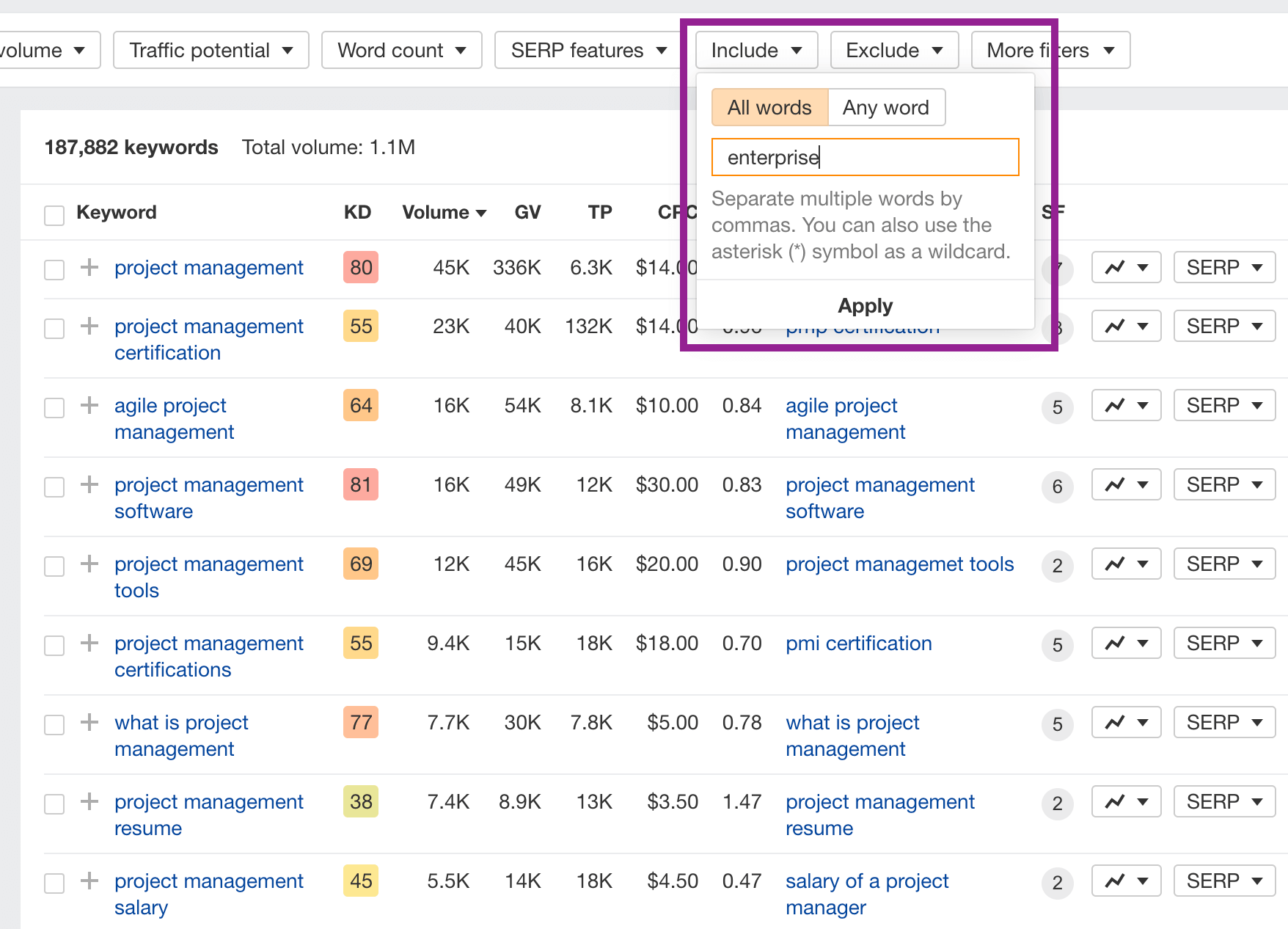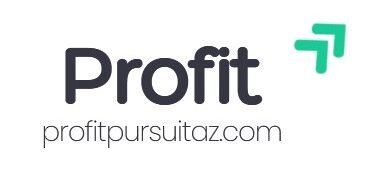How to Find Best Keywords for SEO: Ultimate Strategy Guide
Finding the best keywords for SEO is crucial. Keywords drive traffic and boost visibility.
Understanding how to find them can elevate your website’s ranking and attract more visitors. The process involves research, analysis, and strategic planning. Keywords are the bridge connecting your content to what users search online. By identifying the right words, you can ensure your site reaches its target audience effectively.
Why does this matter? Because the internet is vast. Without proper keywords, your content might get lost in the crowd. You need to stand out to reach potential customers or readers. Discovering effective keywords involves knowing your audience and understanding trends. It’s about making your content relevant and discoverable. This guide will help you navigate the steps to find the best keywords for your SEO efforts, ensuring your site thrives in the digital landscape.

Credit: keywordtool.io
Keyword Research Basics
Understanding keyword research is essential for effective SEO. Keywords act as a bridge between search engines and your content. They guide potential visitors to your site. Without proper keyword planning, your content may not reach its full potential. This section will help you grasp the basics of keyword research, aiding in better visibility and traffic.
Importance Of Keywords
Keywords are the backbone of SEO. They help search engines understand your content. Proper keywords attract the right audience. They improve your site’s ranking. They make your content relevant to search queries. Choosing the right keywords can boost your site’s visibility. This leads to more organic traffic. Strong keywords enhance user experience, making your content easier to find.
Types Of Keywords
Keywords come in various forms. Short-tail keywords are brief, often one or two words. They have high search volume but tough competition. Long-tail keywords are longer, usually three or more words. They target specific queries and have lower competition. LSI (Latent Semantic Indexing) keywords relate to your primary keyword. They add context and depth to your content. Knowing the types helps in choosing the right mix for your strategy.
Setting Goals And Objectives
Discovering the right keywords for SEO requires clear objectives and strategic planning. Use tools like Google Keyword Planner to find popular search terms. Analyze competitors and assess keyword difficulty to refine your choices.
Setting the right goals and objectives is crucial in finding the best keywords for SEO. Without clear goals, your SEO efforts might lack direction and focus. This section will guide you on how to align your keyword strategy with your business goals, ensuring every step you take propels you towards success.Defining Business Goals
Before diving into keyword research, take a moment to define your business goals. Are you aiming to increase website traffic, generate more leads, or boost sales? Knowing what you want to achieve will help you identify the keywords that will bring the most value to your business. Consider your short-term and long-term objectives. Are you launching a new product or trying to build brand awareness? Each goal may require a different keyword strategy. Being specific about your goals will make your keyword selection more effective.Aligning Keywords With Goals
Once you’ve defined your goals, align your keywords with them. If your goal is to increase local sales, focus on keywords that include your city or region. This ensures that your content reaches the right audience. Think about your target audience and their search intent. Are they looking for information, or are they ready to make a purchase? Select keywords that match their intent. This approach not only attracts visitors but also converts them into customers. Consider using tools like Google Analytics to track which keywords are currently driving traffic to your site. Are they aligned with your goals? If not, it’s time to reassess and adjust your strategy accordingly. Have you ever set a goal and later realized your efforts were not aligned with it? This can happen if your keywords don’t support your objectives. Always ensure your keywords are in harmony with your business goals to avoid wasted efforts. How do you prioritize your goals? Share your thoughts in the comments. Your insights might help someone else refine their strategy.Utilizing Keyword Tools
Finding the best keywords for SEO can be like searching for buried treasure. You know they are out there, but how do you find them? Utilizing keyword tools can make this task easier and more efficient. These tools can provide insights into what your audience is searching for and how you can rank higher on search engines. Let’s dive into how you can leverage these keyword tools to enhance your SEO strategy.
Popular Tools Overview
There are many keyword tools available, each with its unique features. Google Keyword Planner is a favorite among many for its reliability and data directly from Google. It’s perfect for those who want straightforward information without the bells and whistles.
Another popular choice is SEMrush. It offers a comprehensive suite of SEO tools, including keyword research. Its user-friendly interface makes it easy for beginners to start optimizing their sites.
Ahrefs is renowned for its extensive backlink database and robust keyword analysis tools. If your focus is on competitive analysis, Ahrefs might be your go-to option.
Advanced Features Of Tools
Some keyword tools offer advanced features that can provide deeper insights. For instance, SEMrush offers keyword difficulty scores, helping you understand how hard it is to rank for a particular keyword. This can guide your strategy to target less competitive keywords.
Ahrefs provides a feature called “Keyword Explorer” which allows you to see search volume trends over time. This helps in predicting future trends and preparing content accordingly.
Google Keyword Planner, while basic, offers a feature to group keywords based on themes. This is particularly useful if you are planning a content calendar or campaign around specific topics.
Have you considered how these advanced features can transform your SEO approach? With the right tools, you can not only find the best keywords but also understand their potential impact on your site.
Utilizing keyword tools can be your secret weapon in the SEO battlefield. By understanding the nuances and features of these tools, you can make informed decisions that propel your content to the top of search results.

Credit: mikekhorev.com
Analyzing Competitor Keywords
Finding the best keywords for SEO can sometimes feel like searching for a needle in a haystack. But analyzing competitor keywords can be your secret weapon. By understanding what works for others in your niche, you can refine your own strategy. It’s not just about copying but learning and evolving your approach to stand out.
Identifying Competitors
Begin by pinpointing who your real competitors are. They aren’t always the ones you think. Look beyond the big names and consider those who rank for similar terms. Use tools like SEMrush or Ahrefs to get an accurate picture. Sometimes, a small blog with strong content might be your biggest rival. Who are your top competitors, and why are they ranking well?
Evaluating Competitor Strategies
Dive into their keyword strategy. Check which keywords drive traffic to their site. Tools can reveal organic and paid keywords they use. You might discover opportunities in overlooked areas. Look at their content and meta tags to see how they utilize these keywords. Are there gaps you can fill or keywords you can use more effectively?
Consider their content approach. Are they focusing on long-form articles or quick tips? Compare their strategies with yours. Are they engaging their audience more effectively? Learning from their methods can help you enhance your own tactics.
Analyze their backlink profile. Strong backlinks can boost keyword performance. Are they connecting with influencers or guest blogging? Think about how you can adapt their successful tactics. What unique angle can you bring to the table?
Remember, the goal isn’t to mimic but to learn and innovate. By dissecting your competitors’ keyword strategies, you can carve out your own niche and rise above the competition. Are you ready to elevate your SEO game?
Finding Long-tail Keywords
Discovering long-tail keywords boosts your SEO strategy. These specific phrases attract targeted traffic to your website. Use keyword tools to find them, enhancing your search engine ranking effectively.
Finding long-tail keywords can boost your SEO strategy significantly. These keywords are phrases with three or more words. They attract more targeted traffic. They face less competition than single-word keywords. They can help you reach a specific audience. This makes them valuable for search engine optimization.Benefits Of Long-tail Keywords
Long-tail keywords help improve search rankings. They are usually less competitive. This makes it easier to rank higher. They also target specific search queries. This means the traffic they bring is more relevant. You get visitors who are more likely to convert. Using them increases your chances of appearing in voice search results too.Methods To Discover Long-tail Keywords
Start with brainstorming. Think of phrases related to your niche. Use keyword research tools like Google Keyword Planner. These tools suggest long-tail keywords based on your seed keywords. Analyze competitor websites. Identify the keywords they rank for. Use forums and community sites. Discover the language and questions your audience uses. This can uncover new long-tail keywords. Consider using Google’s autocomplete feature. Type your keyword into the search bar. Note the suggested phrases. Use these as potential long-tail keywords. Another method is to use question-based tools. Tools like Answer the Public show popular questions people ask. These questions often contain long-tail keywords. Regularly review and update your keyword list. Trends and user behavior change over time. Keeping your keyword strategy fresh ensures relevance.Evaluating Keyword Difficulty
Evaluating keyword difficulty is essential in SEO strategy. It helps you target achievable keywords. By understanding the difficulty, you can improve your website’s visibility. This section will cover how to evaluate keyword difficulty effectively.
Understanding Keyword Metrics
Keyword metrics are crucial in assessing difficulty. They provide insights into keyword performance. One important metric is search volume. It shows how often people search for a keyword. High search volume means more competition. Another metric is the cost-per-click (CPC). It indicates how valuable a keyword is to advertisers. High CPC suggests competitive keywords. These metrics help gauge the potential of keywords.
Assessing Competition
Competition analysis reveals who ranks for a keyword. Check the top-ranking pages. Their domain authority gives clues about difficulty. Higher domain authority means tougher competition. Look at the content quality on these pages. Well-optimized content can be hard to outdo. Assess how many pages compete for the keyword. More pages mean higher difficulty. Use tools to estimate competition levels.
Prioritizing Keywords
Finding the best keywords for SEO can be like finding a needle in a haystack. You know they’re out there, but sifting through all the options can be overwhelming. Prioritizing keywords is crucial to ensuring your SEO efforts are effective and efficient. This involves looking at various factors to decide which keywords should be your focus. Let’s break it down into manageable parts that will make your keyword strategy more successful.
Balancing Volume And Difficulty
Imagine targeting a keyword that thousands search for daily but is nearly impossible to rank for. Would it be worth your time? You need to strike a balance between search volume and ranking difficulty.
Use tools like Google Keyword Planner to gauge both. High-volume keywords are attractive but often come with stiff competition. On the other hand, low-difficulty keywords might not drive much traffic but could be easy wins.
Ask yourself, are you ready to compete with the big players for high-volume keywords, or would a niche keyword be more realistic? Sometimes the smaller wins add up to big success.
Focusing On Conversion Potential
Ranking for a keyword is great, but does it lead to conversions? Your keywords should align with your business goals. Look for keywords that not only attract visitors but also prompt actions.
Consider user intent. If someone searches “best running shoes,” they’re likely in the buying stage. But “running shoes info” might indicate they’re just gathering information.
How can you identify these keywords? Analyze your existing data. Check which keywords have led to conversions before. This will guide you to what works best for your audience.
Remember, it’s not just about traffic; it’s about turning that traffic into tangible results. Are your keywords driving the actions you want?

Credit: sachsmarketinggroup.com
Tracking And Adjusting Strategy
Tracking and adjusting your keyword strategy is crucial for effective SEO. The digital landscape changes rapidly. Regular monitoring helps maintain your SEO efforts. It allows you to stay ahead of competitors. Adjusting your strategy ensures you target relevant keywords. This keeps your content visible in search results.
Monitoring Performance
Track your keywords’ performance using analytics tools. These tools show you which keywords drive traffic. They also indicate user engagement levels. Focus on metrics like click-through rate and bounce rate. If a keyword performs poorly, consider revising your content. This helps improve visibility and user interaction.
Adapting To Trends
Stay updated with industry trends. Trends influence keyword popularity. Use trend analysis tools to discover new keywords. These tools help identify shifts in user interest. Adapting your strategy keeps your content relevant. It attracts more visitors and boosts SEO performance.
Conclusion
Finding the right keywords is crucial for SEO success. Start with research tools. Understand your audience and their search habits. Analyze competitors to spot keyword gaps. Use long-tail keywords for better targeting. Regularly update your keyword list. Monitor performance to make necessary changes.
Keep experimenting to find what works best. Stay patient; results take time. Always focus on relevance and quality. These strategies can help improve your site’s visibility. Happy optimizing, and enjoy seeing your site grow organically!
